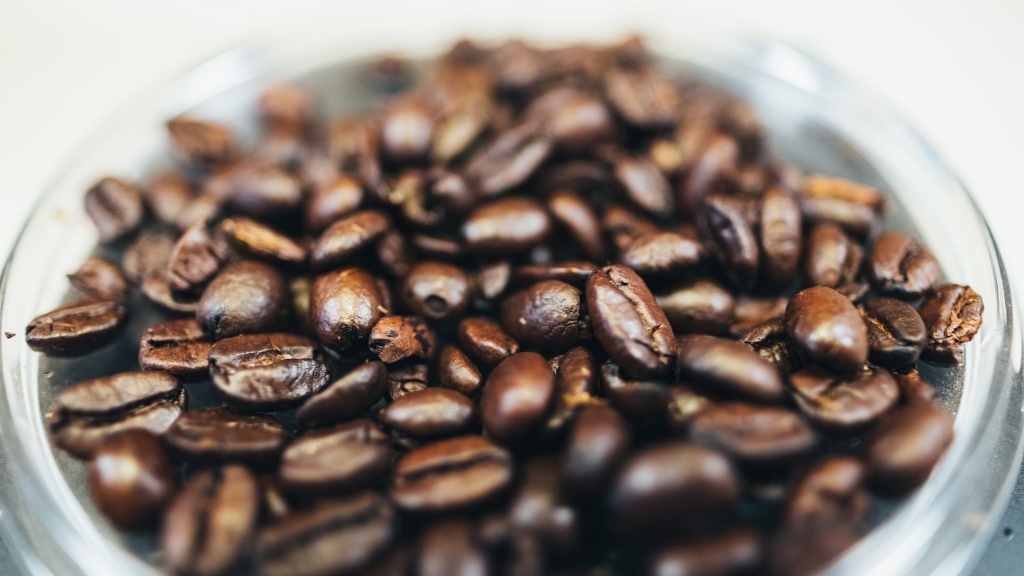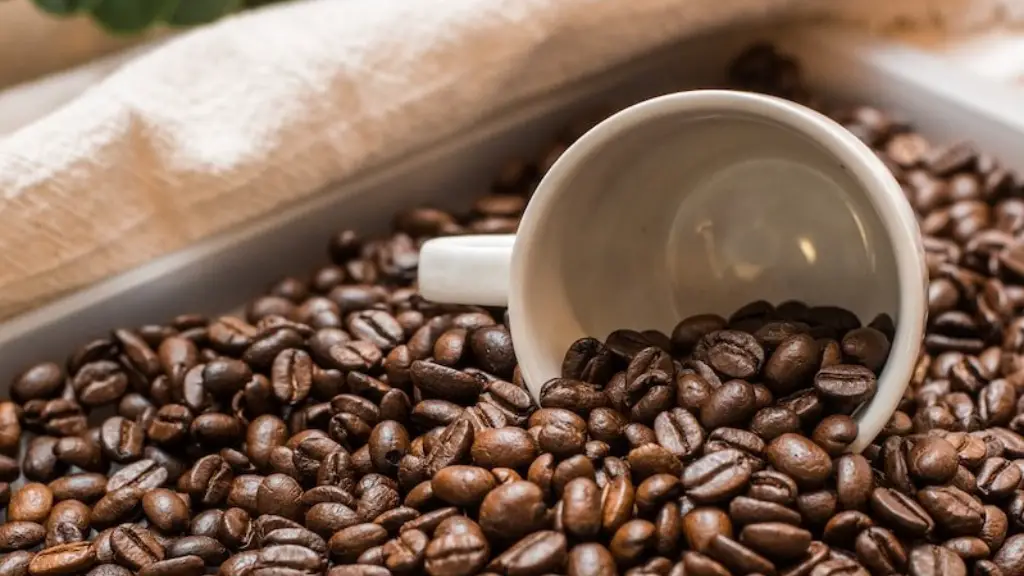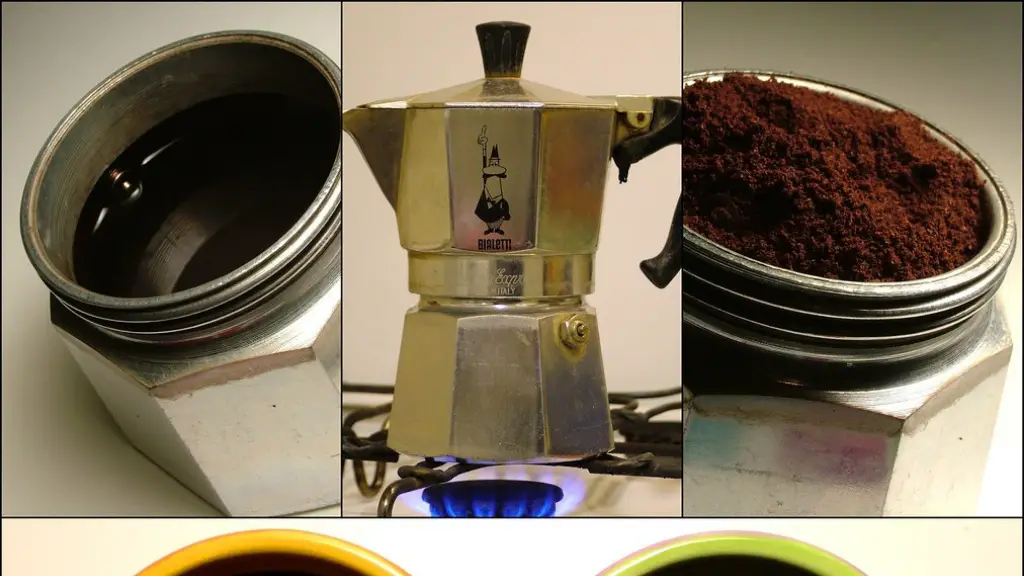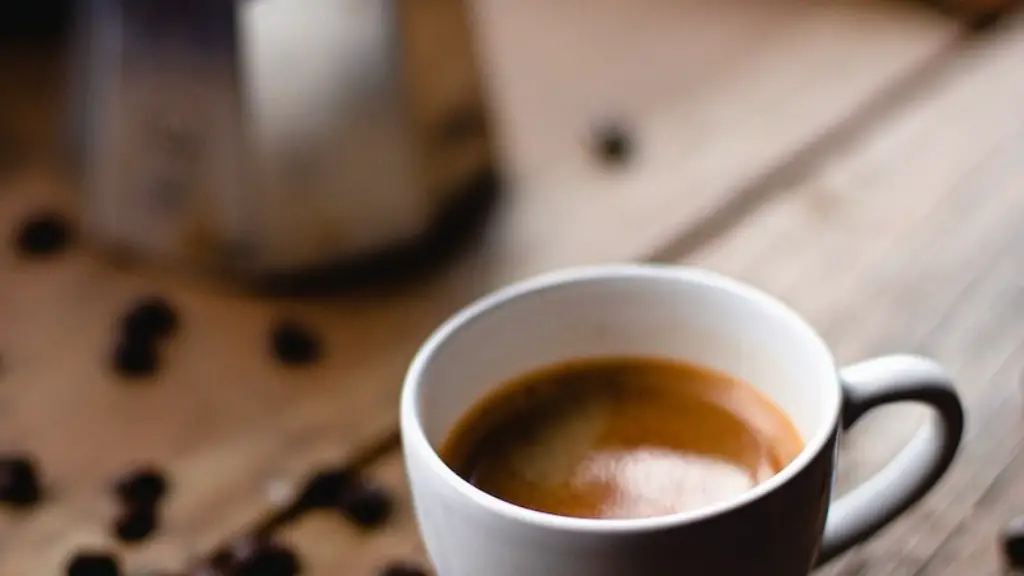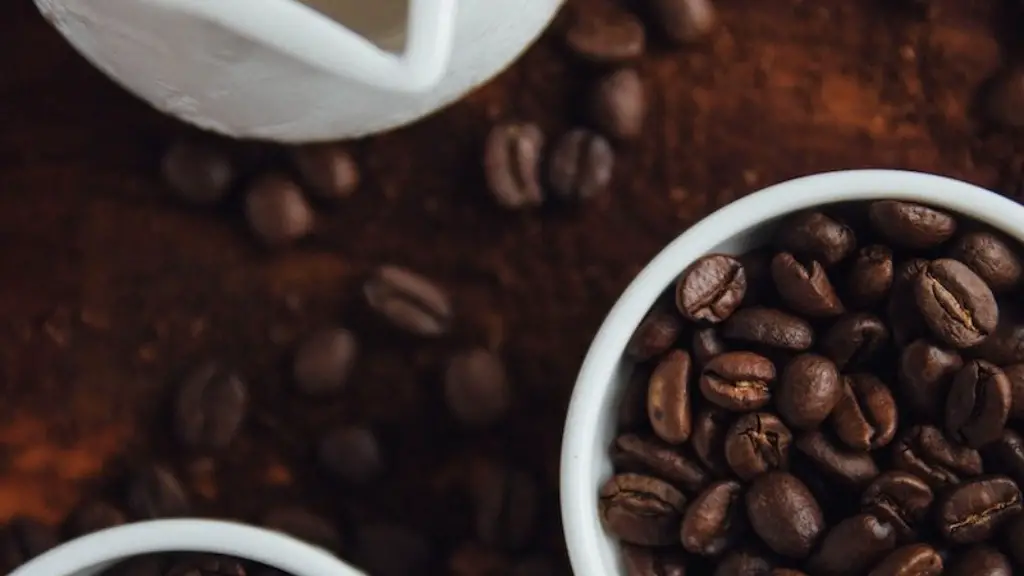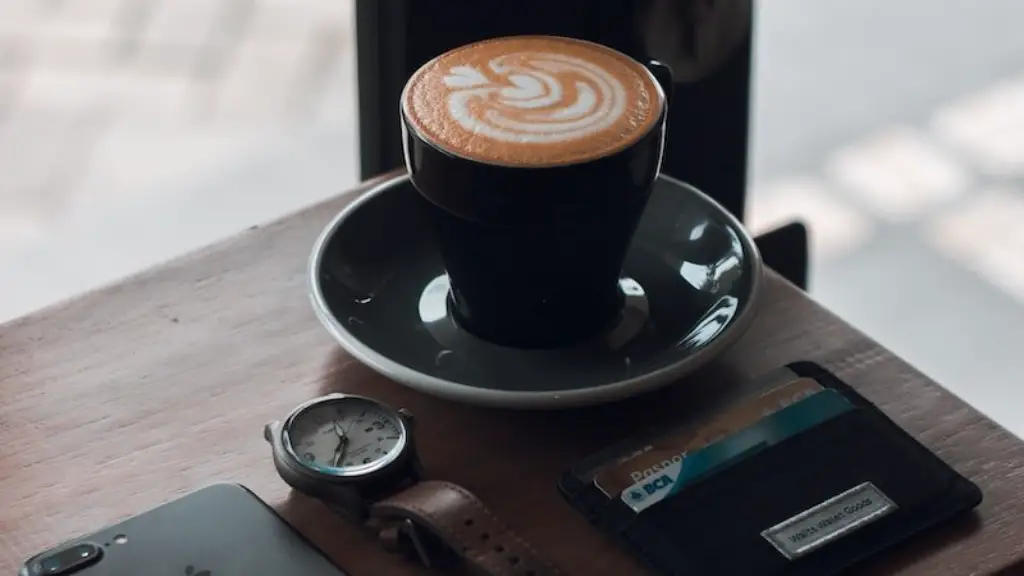It’s both a science and an art to determine how long to wait after taking medicine before drinking coffee. Caffeine is a stimulant that can speed up the heart rate, disrupt sleep and interfere with certain medications. The over consumption of caffeine can cause dangerous side effects for some people. It’s important to be mindful not to over-consume caffeine in any form and to be aware of the potential issues that could arise if consumed alongside medication. With this in mind, if you find yourself asking ‘how long can I drink coffee after taking medicine?’, the answer is – it depends.
It is often wise to consult with a trusted doctor, nurse practitioner or pharmacist before consuming anything after taking medication. In most cases, it’s recommended to wait at least two hours before drinking coffee or consuming caffeine in any form. Some medications may be affected by caffeine, rendering them ineffective or possibly dangerous when taken with coffee.
It’s best to remember that caffeine is a diuretic, meaning it helps your body to flush out liquids and can alter the absorption rate of medications. Caffeine can cause side effects like headaches, jitters and insomnia, which can be made worse if combined with medications like heart and blood pressure medicines, antibiotics, cold medicines and more. It’s also important to remember that most coffees and energy drinks contain relatively high levels of caffeine, so these can be more likely to interact with medication than other forms of coffee.
When looking for advice about drinking coffee after taking medication, it’s helpful to speak with a doctor or pharmacist about your specific questions. Your physician or pharmacist can provide insight into any potential conflicts with the medications you’re taking, as well as any potential side effects that may occur from drinking coffee in combination with the medications.
With knowledge about the potential for adverse effects, it’s important to be aware that drinking coffee too soon after taking medication can lead to slowed or reduced effectiveness of the medication. Some medications are designed to be broken down by stomach acid and caffeine can interfere with this process, leading to a decreased impact of the medication.
Certain medications may be more likely to experience an interaction with coffee, so it’s important to get advice on how and when to drink coffee after taking particular medications. Usually a medical professional can advise on the best way to minimise the effects of any potential interactions. If you’re unsure, it’s best to wait a minimum of two hours before drinking coffee, or taking other forms of caffeine, when you’ve taken medication.
Differences in Decision Making
When determining when to drink coffee after taking medications, it’s important to consider the decisions that could be impacted by the effects of caffeine. For instance, decisions such as what bills to pay or when to buy a car may be affected by the relative clarity of thought that caffeine can provide. This means that making decisions when clouded by caffeine, even if it is a long time after taking medication, can be counterproductive for certain tasks.
Consuming coffee directly after taking a medication can lead to potential problems and confusion later. That’s why it’s important to consider carefully when can be the best time to drink coffee after taking medications. Be vigilant of the ingredients in coffee and energy drinks, as they may contain more caffeine than expected and must be taken more seriously when combined with medication.
A sensible choice would therefore be to avoid drinking coffee just before or during a decision making process, and instead wait until two hours after consuming medications to start drinking a moderate dose of coffee. Doing so will help to prevent complications and maximise the potential effectiveness of any medication taken.
The Power of Napping
Caffeine can delay the process of falling asleep and it can also impact the quality of sleep. When combined with medication, this effect can be exacerbated, resulting in a significantly larger delay in falling asleep, or trouble staying asleep. It’s recommended to wait for two hours after taking medication, or consuming any form of caffeine, before taking a nap. Waiting for the nap to occur this length of time after consuming coffee prevents any potential interference from caffeine.
Napping can have many positive benefits, including an improved mood, better memory and enhanced productivity. Coffee can provide an additional boost to energy levels, making it ideal for a post-nap energy boost. However, this will also vary depending on individual stimulant and sleep habits. When in doubt, wait two hours before having coffee to ensure the safety and effectiveness of medications, and to get the most out of the coffee.
In the case of sleeping medication coffee should be avoided completely. Caffeine and sleeping pills react in ways that can cause unpleasant and dangerous side effects. Instead, focus on ensuring a comfortable sleeping environment, including a dark and quiet space, and avoiding screens two hours before bedtime.
Sensitivity to Caffeine
Individual sensitivity to caffeine can differ dramatically. Some people may have a stronger reaction than others when consuming large amounts of caffeine, especially when combined with medication. It’s important to be aware of your individual response to caffeine and to adjust your consumption accordingly.
For those who are very sensitive to caffeine, it’s recommended to wait at least four hours after taking medication before consuming coffee, sparkling water or energy drinks. Similarly, those who are less sensitive to caffeine may be able to drink coffee after two hours. Caffeine sensitivity is not just relevant to medication; it’s also important to be mindful to know your total daily intake of caffeine (from coffee, chocolate and other forms of caffeine) to help avoid potential health issues.
It’s important to remember that drinking coffee after taking medication is a judgement call and there’s no one size fits all answer. It’s best to consult with a trusted healthcare professional who can provide personalized advice on the subject and make sure that you’re drinking coffee in a safe and healthy way.
Coffee in Moderation
Coffee is a complex drink with many potential benefits and drawbacks when it comes to your health. It can be beneficial to enjoy it sensibly and in moderation to reap the rewards but also to avoid any possible side effects. If you find yourself asking ‘How long can I drink coffee after taking medicine?’, the answer could vary depending on the situation.
The key takeaway is to be aware of the potential risks and to consult a healthcare professional if you’re ever in doubt. It is recommended to wait at least two hours before drinking coffee or consuming any other forms of caffeine after taking medications.
Further Considerations
When thinking about the effects of caffeine on medication it is important to consider any underlying conditions that may be affected by the interactions between caffeine and the medications. This can include conditions such as anxiety, hypertension and heart arrhythmias.
Allergens, food sensitivities, dietary restrictions and personal preferences must also be taken into account when thinking about when to drink coffee. As caffeine and/or coffee beans can cause allergies or sensitivities, it is important to consider these if they are relevant to the individual.
It is important to be aware that caffeine is generally recognised as safe, although is not recommended for pregnant women, nursing mothers, children and those with a sensitivity or caffeine intolerance. Consultation with a medical professional can provide insight into when exactly it is best to drink coffee after taking medication, specifically for individuals with recognised conditions or any other specific circumstances.
Environmental Impact
When considering when to drink coffee, it is important to consider the environmental impact of coffee production and consumption. For instance, many coffee companies are attempting to reduce their carbon footprint, by sourcing more sustainable and organic coffee beans in order to reduce the impact of their products. This can also influence the decision of when to drink coffee to minimise the impact of the product.
Additionally, it is important to take into account the distance of where the coffee was produced to the place of consumption. The amount of packaging, transportation and preparation of the coffee all contribute to the environmental impact of the product. It is therefore essential to consider this when purchasing and consuming the coffee. By being mindful of the energy and resources it takes to produce and consume coffee, we can ensure that the experience of drinking coffee is as sustainable and eco-friendly as possible.
Conclusion
When it comes to determining when it’s safe to drink coffee after taking medication, it’s important to be mindful about the potential effects of caffeine on medication. As there is no one-size-fits-all answer it is highly recommended to consult a trusted medical professional or pharmacist for advice. In most cases, drinking coffee or caffeine at least two hours after taking medication is thought to be safe, but it’s best to wait a minimum of two hours before drinking coffee. It’s also important to consider consumption of other forms of caffeine, to ensure no interactions occur between the two substances.
Furthermore, it’s important to consider individual sensitivity to caffeine, underlying conditions, allergens, food sensitivities and dietary restrictions when deciding when to drink coffee. It’s also essential to consider the sustainability of the product, including the distance of the coffee’s origin and the amount of transportation and packaging it takes to consume the product. In short, it’s best to be aware of when it’s safe to consume coffee after taking medication, and to take this into account when making decisions about when to drink coffee.
